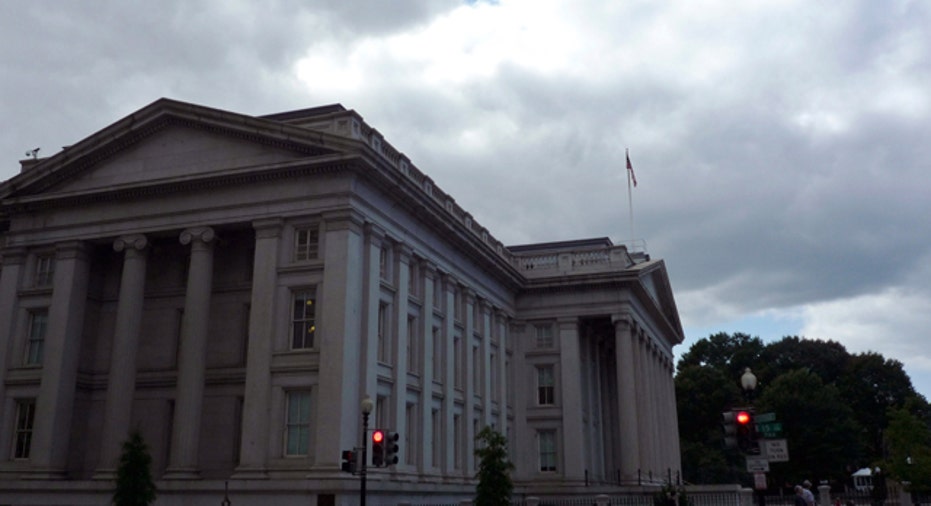Japan Owns More U.S. Debt Than China

Japan is now the largest foreign holder of U.S. debt, knocking China out of first place.
Economic policies in Japan are keeping interest rates near record lows there. Japan’s central bank is buying bonds in hopes of spurring economic growth, and Japanese bonds were consequently auctioned with negative yields for the first time last year.
As a result, Japanese investors have put more money in the U.S., whose Treasury bonds offer higher yields.
Meanwhile, China has cut its portfolio of U.S. debt as the country’s economy continues to sputter.
China’s U.S. bond holdings tumbled $49.2 billion over the 12 months ended February, according to the Treasury Department. Japan increased its portfolio by $13.6 billion over the same period.
The Treasury Department said Japan owned $1.2244 trillion worth of U.S. Treasury securities at the end of February, compared to $1.2237 trillion for China. That snapped China’s six-year streak at the top of the rankings.
However, the Treasury report doesn’t reflect the full extent of foreign holdings. China has likely purchased a significant amount of U.S. debt through third parties, but those holdings wouldn’t be included in U.S. government data.
The No. 1 holder overall is the Federal Reserve, which is responsible for more than $2 trillion in U.S. government bonds. That’s more than double the $755 billion held by the Fed in 2007, before the central bank began its massive bond-buying program.
The Fed’s bond purchases, and now rapidly growing demand for U.S. Treasurys out of Japan and other countries, have kept a lid on long-term Treasury yields.
European nations have been particularly keen on buying American debt. The U.K., Ireland and France expanded their portfolios by a substantial margin in the last year.
Foreign buyers are supporting a period of slim U.S. Treasury yields, which contribute to low interest rates on mortgages, auto loans and more.
The Fed is currently debating a timeline for hiking the fed funds rate, a move that would benefit American savers and hurt borrowers. Policy makers have maintained near-zero interest rates since the 2008 financial crisis.



















